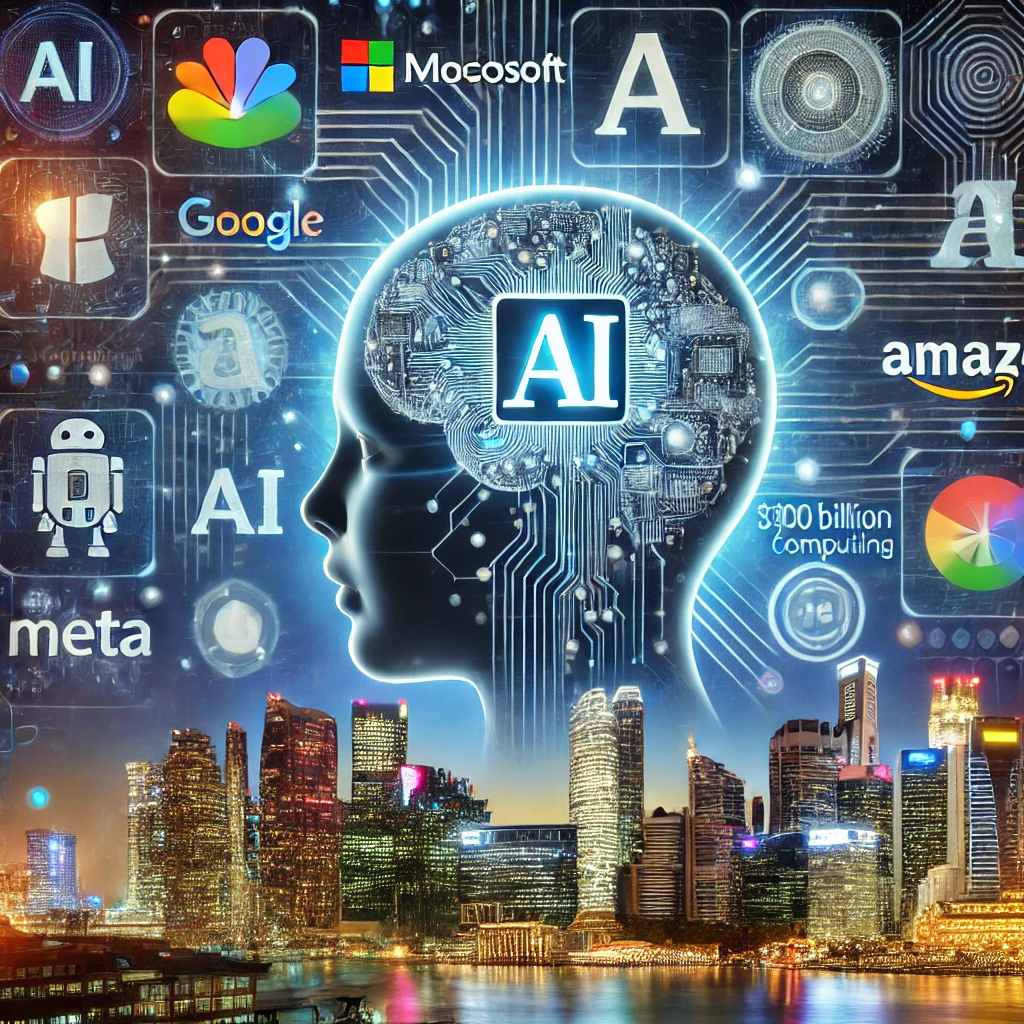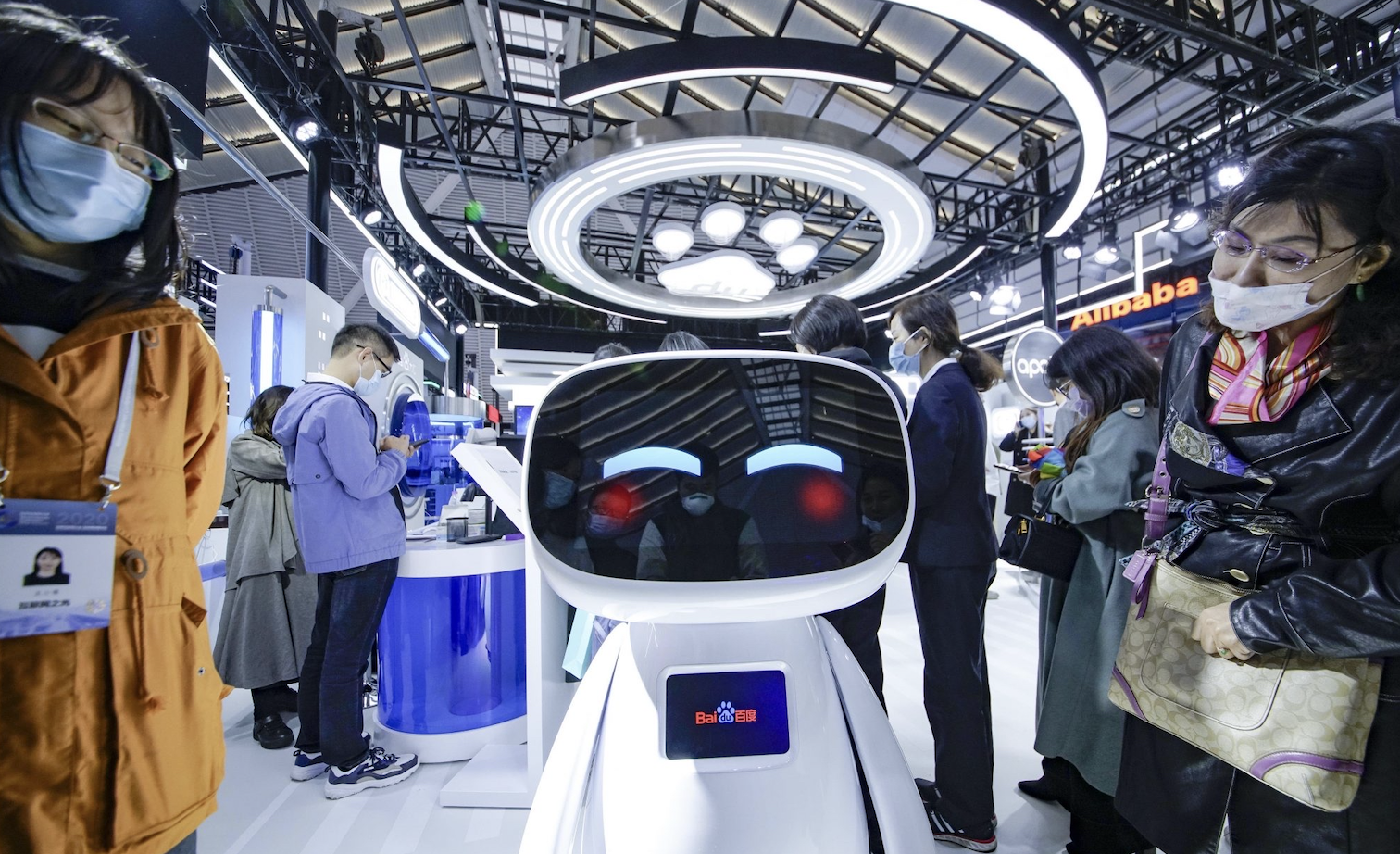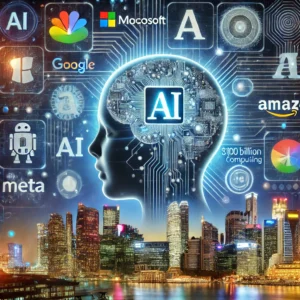Big Tech’s $300 Billion AI Investment Surge in 2025: What It Means for the Future
Artificial intelligence (AI) has become the central battleground for tech giants, and 2025 is shaping up to be the biggest year yet. Companies like Microsoft, Alphabet (Google), Amazon, and Meta have announced a staggering $300 billion collective investment into AI technology. This marks a historic shift in tech spending and raises questions about what this means for the future of AI, businesses, and consumers.
The Breakdown of AI Investments by Tech Giants
According to a report by the Financial Times, here’s how the major players are contributing to this AI revolution:
- Amazon is leading the charge with a $100 billion investment, surpassing its $77 billion AI spending in 2024. This will go toward cloud-based AI services and infrastructure for Amazon Web Services (AWS).
- Microsoft has pledged $70 billion, continuing its aggressive push into AI, particularly with its partnership with OpenAI and expansion of Azure AI solutions.
- Alphabet (Google) is investing $65 billion, focusing on AI-driven search, cloud computing, and its DeepMind and Gemini AI models.
- Meta (Facebook) is allocating $40 billion into AI-driven social media, the metaverse, and AI-enhanced advertising algorithms.
Why Are Companies Betting Big on AI?
The AI race has become a critical component of Big Tech’s strategy for dominance in the coming decade. Here are the key drivers behind this massive investment:
1. AI as the Future of Cloud Computing
Microsoft and Amazon are pouring billions into AI to integrate it into their cloud services (Azure and AWS). AI-driven cloud computing is expected to automate operations, optimize storage solutions, and reduce costs, making AI a must-have for enterprises worldwide.
2. Search and Advertising Domination
Google’s AI-driven search and ad services are already redefining how users find information. With the rise of AI-powered search engines, traditional search methods are becoming obsolete. Google’s Gemini AI models are designed to create more accurate, conversational search experiences, keeping the company ahead of competitors like OpenAI and Perplexity AI.
3. AI in E-Commerce and Customer Engagement
Amazon’s AI expansion isn’t just for AWS—it’s also focused on making online shopping more seamless. AI-driven chatbots, personalized recommendations, and automated supply chain management are expected to enhance user experience and increase sales conversions.
4. The Rise of AI-Powered Social Media
Meta’s $40 billion investment is primarily focused on AI integration within Facebook, Instagram, and WhatsApp. The company is betting on AI-driven content moderation, recommendation engines, and AI-generated influencers to revolutionize how users engage with social platforms.
The Competitive Threat: Can China’s AI Startups Disrupt Big Tech?
One of the biggest surprises in the AI landscape is the rapid rise of Chinese AI firms. A recent report highlights that DeepSeek, a Chinese AI startup, has introduced a cost-effective large language model (LLM) that could challenge Big Tech’s AI dominance.
Companies like Huawei, Baidu, and Alibaba are also aggressively expanding their AI divisions, posing a significant threat to U.S. tech firms. This global AI rivalry is pushing Microsoft, Google, and Amazon to accelerate their AI investments to maintain their competitive edge.
Potential Risks and Challenges
While the $300 billion investment signals a bright future for AI, it also comes with potential challenges:
- Regulatory Concerns: Governments worldwide are increasing scrutiny on AI models, data privacy, and ethical AI development. The European Union’s AI Act and U.S. regulations could impact how these investments materialize.
- Market Saturation: With every major tech firm pouring billions into AI, the market could experience an AI bubble, similar to the dot-com crash of the early 2000s (Barron’s).
- Cost vs. ROI: Some investors are worried that the massive spending may not yield immediate returns, leading to concerns about AI monetization and profitability.
Final Thoughts: AI’s Role in Shaping 2025 and Beyond
The AI boom is no longer speculation—it’s here. The $300 billion investment by Big Tech proves that AI will dominate enterprise software, cloud computing, e-commerce, advertising, and social media for years to come.
However, with great innovation comes great responsibility. Companies will need to balance rapid AI development with ethical considerations, regulatory compliance, and long-term sustainability.
Want to stay ahead in AI trends? Keep following the latest updates from Financial Times and Barron’s for in-depth analyses on the AI race.
What are your thoughts on this massive AI investment? Do you think it will lead to breakthrough innovations or another tech bubble? Let’s discuss in the comments below!











Post Comment